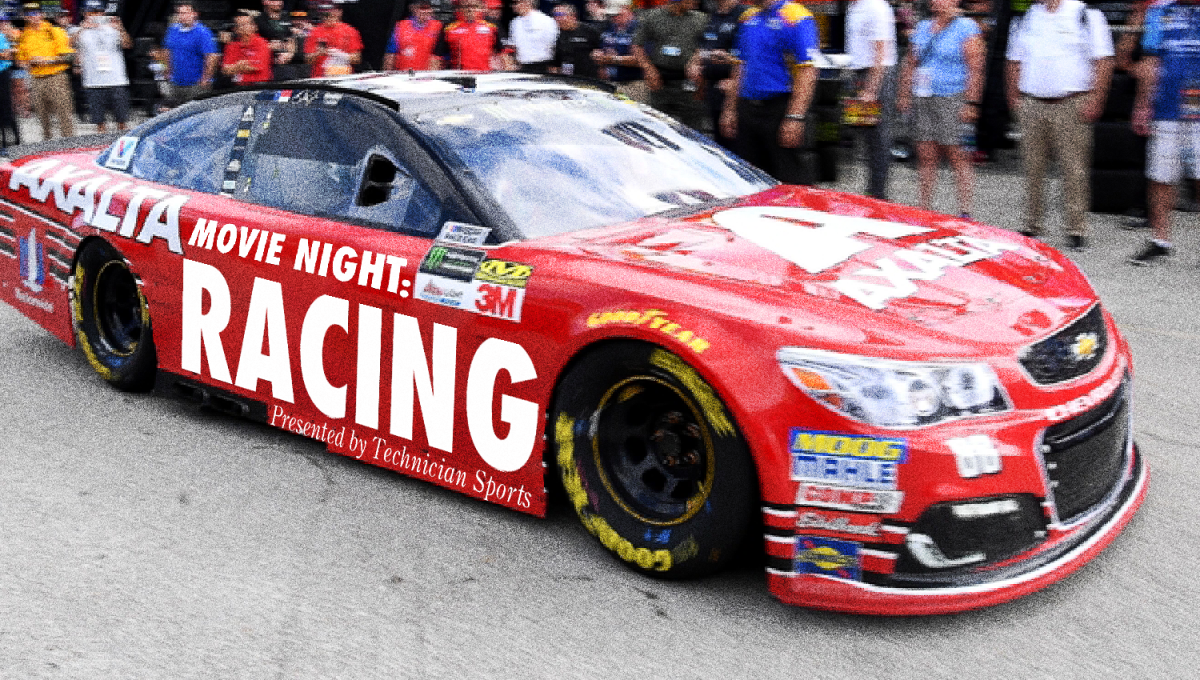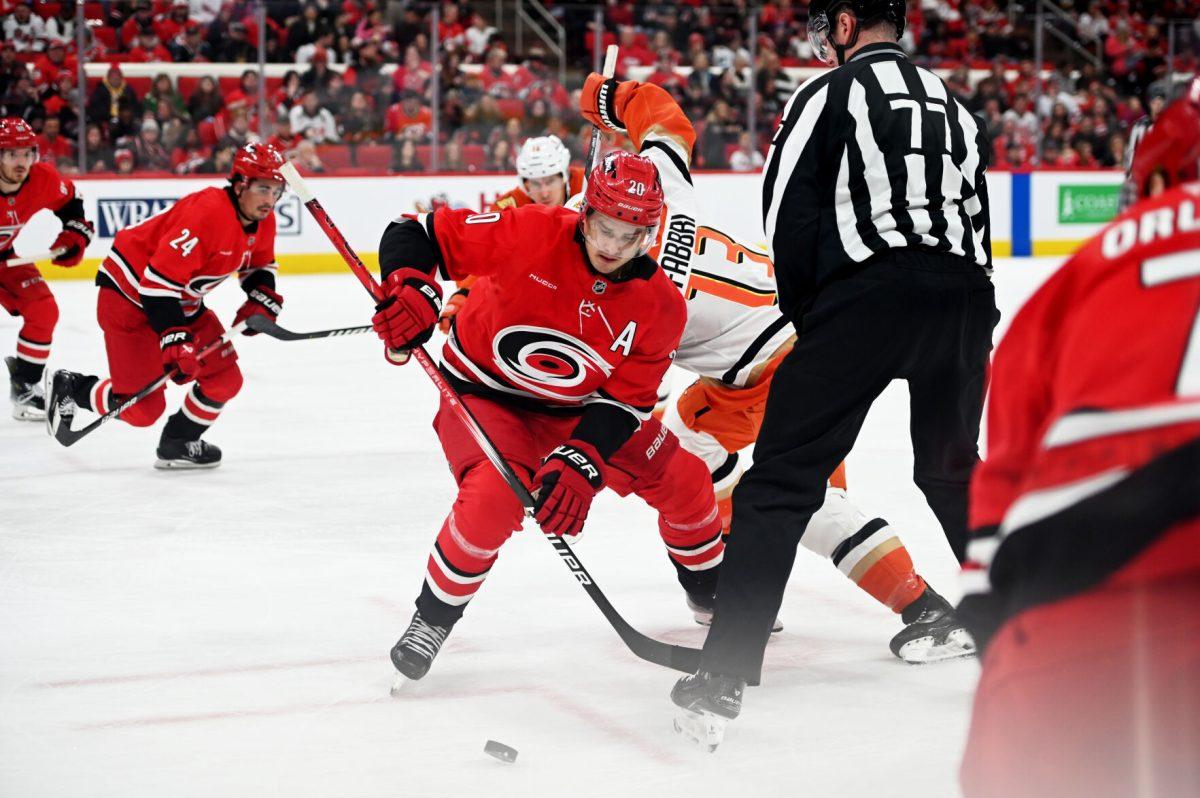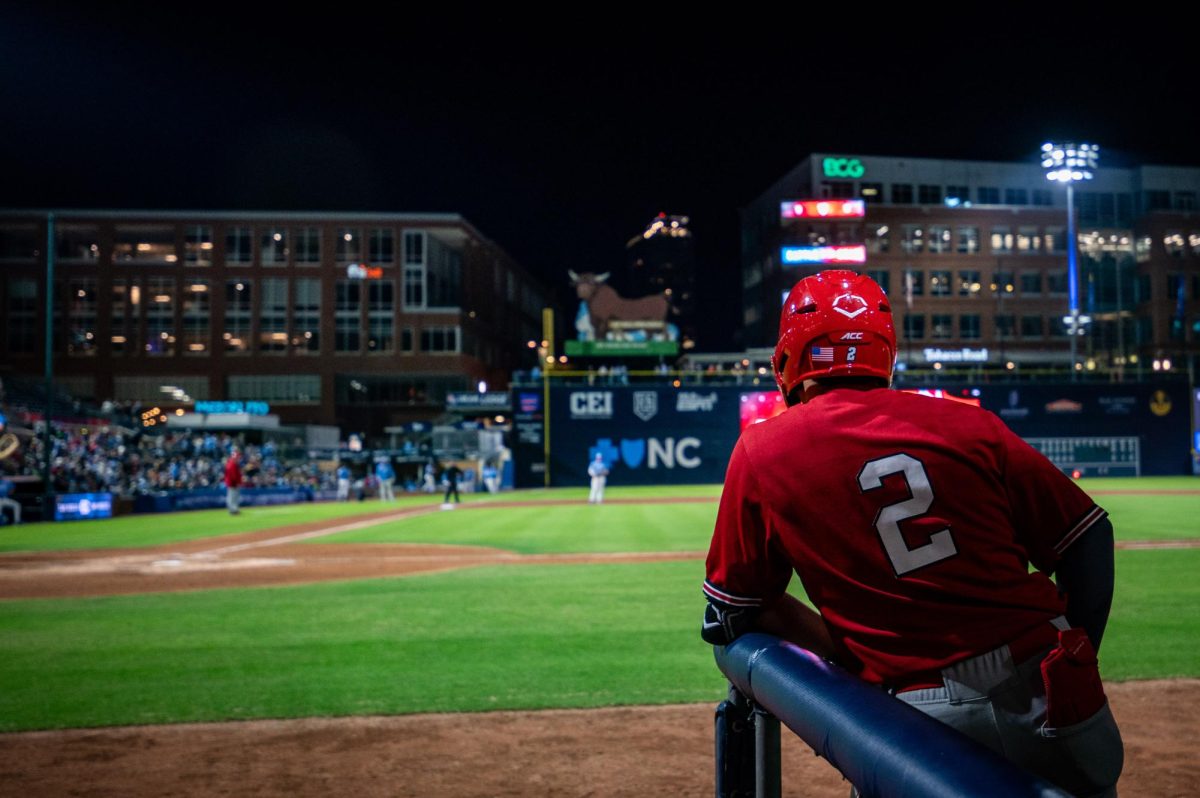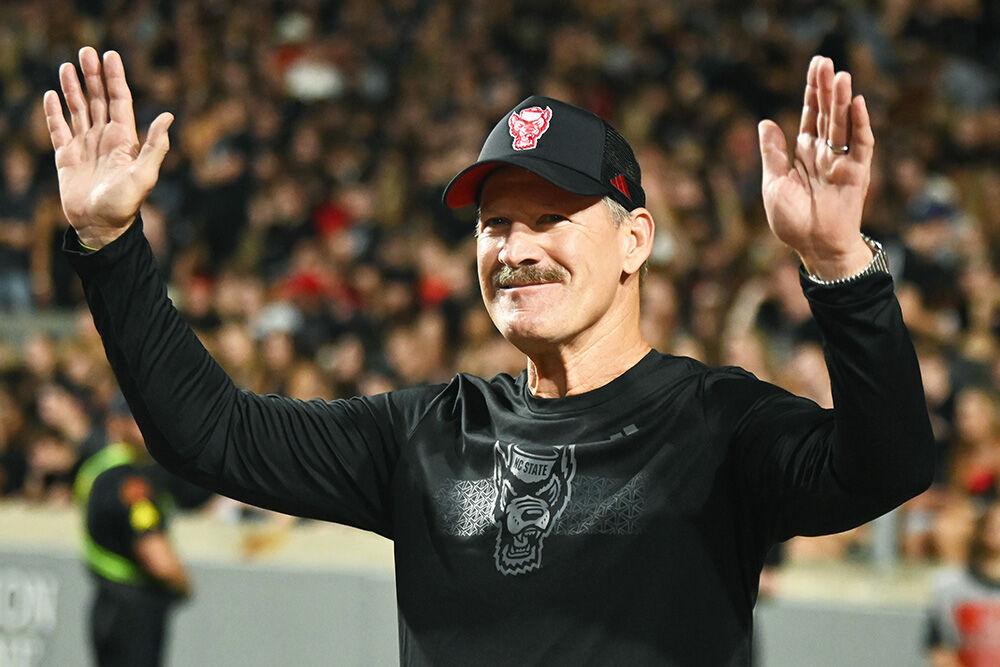There’s something about racing movies as a genre that makes them emblematic of movies as a whole and of life in general. At their most basic level, races all have beginnings, middles and ends, with participants all competing to be the best. I have found that the best racing movies not only capture what it means to be a champion but also highlight the importance of the journey to get to that satisfying moment and use it as a lesson of the sacrifices necessary to get to the top. With that criteria in place, here’s a look at five movies that best capture the racing genre in its essence.
Honorable mention: “Prefontaine” (1997)
One of the great things about races is they can take place in any form, and the setting of this film happens to be a track and field stadium. But make no mistake, this true story of 1970s running phenom Steve Prefontaine is a quintessential racing flick.
The film follows the life of the man, whose closest friends called him “Pre,” from his high school days to his collegiate career at Oregon and finally his efforts to compete in the Olympics, with several highlights of Pre’s hallmark track wins sprinkled in for good measure.
Even more than the first-place finishes, you get a sense of Pre’s relentless drive, determination and his obsession with being the best, which drives him towards becoming a cult figure inside running circles and a tragic hero outside of them. Even though Steve Prefontaine never became an Olympic champion, he somehow became something even greater than that: a legend. This movie perfectly captures that from the beginning of his journey to the end.
5. “Cool Runnings” (1993)
Bobsledding is different from other kinds of races in that, instead of racing against people, you’re left to race against the clock. Aside from the obvious perils of the bobsledding profession, sledders have to finish the race without knowing how they fared against their competition and wait anxiously for their results to come. “Cool Runnings” manages to cut through the tension inherent to a sport like bobsledding and delivers a story filled with equal parts comedy, drama and action.
Based in part on the Jamaican bobsled team that qualified for the Calgary Olympics in 1988, “Cool Runnings” is that classic underdog story everyone seems to love, but it is told in an unusual way. After all, there aren’t many movies on obscure winter sports like bobsledding, and even less on bobsled teams from tropical countries.
If this movie were just about how well Jamaica did in the Winter Olympics, it wouldn’t have even made it on the list, as Jamaica failed to win and is continuing to look for its first Winter Olympics medal. But after the events of 1988, Jamaica did succeed in winning the respect of its competitors, and was taken seriously by the international community as a whole. And for that, “Cool Runnings” deserves a spot on this list.
4. “Seabiscuit” (2003)
At its surface, there isn’t much separating “Seabiscuit” from other horse racing movies, like Secretariat. In fact, when comparing the two horses’ careers, no one would go so far as to say Seabiscuit would do well against former Triple Crown winner Secretariat. Believe it or not, those same conversations were happening in 1938, the date of this film’s events, when Seabiscuit was set to face off against the previous year’s Triple Crown winner and odds-on favorite War Admiral, but he beat him.
Seabiscuit is another underdog story, just like “Cool Runnings,” but the magnitude of the incredible odds Seabiscuit faced stretches the underdog trope to its extremes. It’s one thing to face War Admiral, one of the most iconic racehorses of the 20th century, but to do so as an undersized horse in the midst of the Great Depression makes the 2003 depiction of Seabiscuit’s life nothing short of inspiring.
3. “Cars” (2006)
Moving away from biographical features, the next entry on this list goes to the complete opposite end of the spectrum and into the world of animation and anthropomorphic cars. But more than being goofy and the setting for some recurring gags, the Cars universe provides a place where important lessons, not easily found in the real world, can be learned, including how good sportsmanship is always valued more than performance and how it takes teamwork to make the dream work.
The flashy Lightning McQueen is just like any other confident star: self-centered, condescending and susceptible to taking things for granted. However, by the end of his journey, both at the Piston Cup and the end of the movie, he drives out a better car. One can only imagine how different things might have been if McQueen had this internal change earlier in the movie or if he didn’t change at all, but then again, life is a highway and so long as you ride it, you can only go forward.
2. “Le Mans” (1971)
From Lightning McQueen to Steve McQueen, it only makes sense that one of the two films above “Cars” in this list would be the movie that “Cars” drew inspiration from. “Le Mans” is not only a great racing movie, but a pioneer in the film industry as one of the first fictional movies shot in the documentary style. The decision to make a documentary-like film makes sense, as it provides insight on how crazy the mind has to be in order to be willing to endure the craziest 24 hours in endurance racing.
Without spoiling the movie, the result of the notorious “24 Hours of Le Mans” race depicted in the movie doesn’t go as planned for the movie’s protagonist. In a genre where it’s almost necessary for the main character to win in order for the end to feel satisfying, “Le Mans” not only doesn’t need that cliche ending, it thrives without it.
1. “Chariots of Fire” (1981)
To be the best racing movie, you not only have to exemplify the best the genre has to offer but simply be better at the things your contemporaries do best. Not only is “Chariots of Fire” the best film in the racing genre, but there’s serious debate concerning its place amongst the best films of all time. Like some of the other entries on this list, “Chariots of Fire” is based on a true story of the seemingly intertwined stories of Eric Liddell and Harold Abrahams and how fate seemed to acquaint the two in the run-up to the 1924 Olympics.
A common trait connecting all the racing films discussed, whether mentioned or not, is the main character’s motivation to be the best, from Steve Prefontaine to Lightning McQueen. Liddell and Abrahams are no different, but “Chariots of Fire” crossed a new frontier in the racing genre when it discussed giving up one’s dreams, in this case a chance to win Olympic gold, in order to pursue something greater than one’s own ambitions. It’s an idea “Chariots of Fire” managed to perfectly encapsulate in film and, because it’s such an uncomfortable dilemma to resolve, one that hasn’t been repeated since. For that, “Chariots of Fire” has to be the best racing film of all time.
Just missed the cut: Secretariat (2010), Senna (2010), Speed Racer (2008), The Love Bug (1968), Grand Prix (1966), Talladega Nights: The Ballad of Ricky Bobby (2006), The Fast and the Furious (2001), Days of Thunder (1990)





